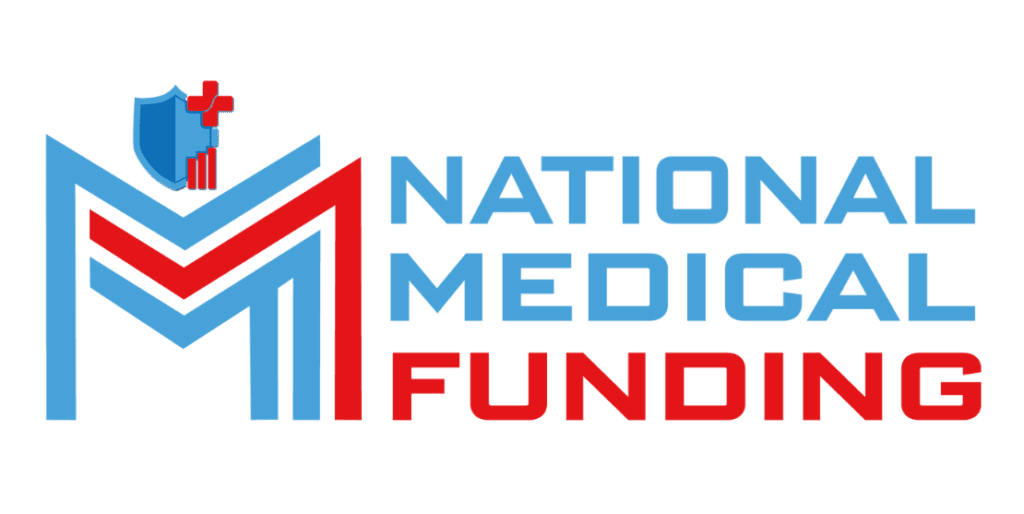
How to Qualify for a Healthcare Loan with Bad
Getting new medical equipment for your clinic or health...

Saturday and Sunday – CLOSED
support@nationalmedicalfunding.com


Managing multiple debts can be overwhelming for medical professionals running a clinic or healthcare facility. High-interest loans, multiple repayment schedules, and fluctuating cash flow can make financial management difficult. Debt consolidation is a powerful solution that helps simplify payments and reduce financial strain. This guide explores how healthcare lending solutions can assist medical businesses in consolidating debt effectively.
Debt consolidation involves combining multiple outstanding loans into a single loan with a more manageable repayment plan. Medical businesses often take out different types of loans, including medical financing, healthcare lending, and working capital loans. When these debts pile up, consolidating them under one loan from a healthcare banking provider can offer better terms and lower interest rates.

By consolidating multiple loans, medical businesses may secure lower interest rates compared to existing high-interest debt. Many healthcare lenders provide competitive rates for consolidation loans.
Instead of handling multiple payment schedules, consolidating debt results in a single monthly payment, making financial management easier.
Debt consolidation allows medical professionals to restructure repayment terms, potentially reducing monthly payments and freeing up cash for daily operations.
Managing a single loan responsibly can improve your credit score over time, making future medical financing easier and more affordable.
With a well-managed debt structure, medical businesses can invest in expansion, staff hiring, and healthcare banking solutions.
List out all outstanding loans, including balances, interest rates, and repayment terms. This helps in determining how much funding is required for consolidation.
Not all healthcare lenders offer the same loan terms. Compare interest rates, repayment flexibility, and loan conditions before selecting a lender.
There are different types of consolidation loans, including:
Once you’ve selected a suitable lender, prepare the necessary documents, such as financial statements, credit history, and loan details, before applying for a consolidation loan.
After approval, use the funds from the new healthcare lending solution to settle existing debts, leaving you with only one loan to manage.
Ensure timely payments and avoid accumulating new high-interest debt. Consider working with medical funding companies to maintain financial stability.

When selecting a medical funding company, consider:
National Medical Funding specializes in healthcare lending solutions tailored for medical professionals. If you’re considering consolidating debt, reach out to explore your options for better financial management.
Getting new medical equipment for your clinic or health...
Modern medical care depends heavily on advanced technol...

Fuel your medical practice’s growth with financial solutions tailored to your needs. We’re here to support independent practitioners and group practices with strategies built for success.


Mon Fri: 8:00am – 6:00pm
Saturday: Closed
Sunday: Closed
Copyright © 2025 National Medical Funding